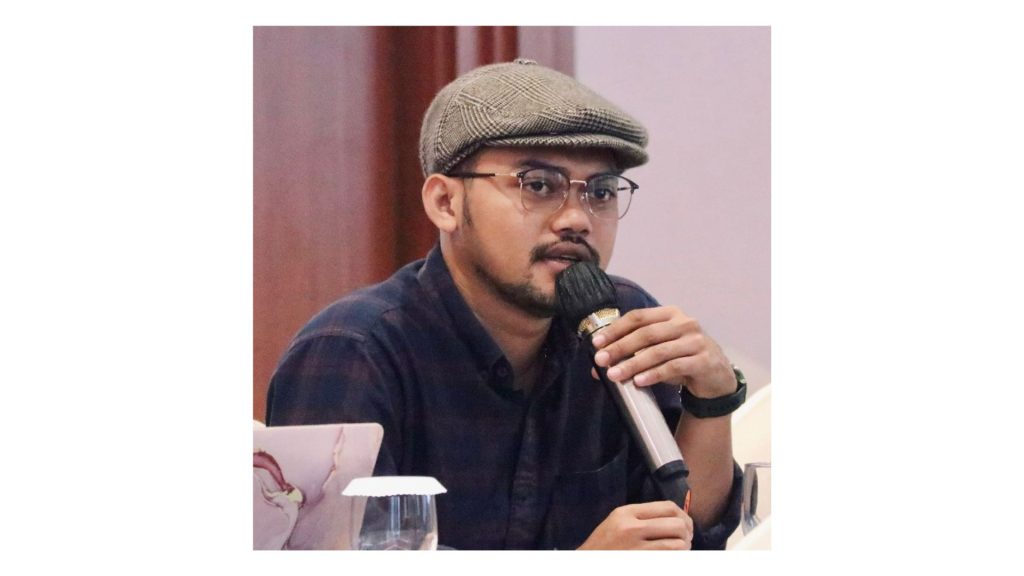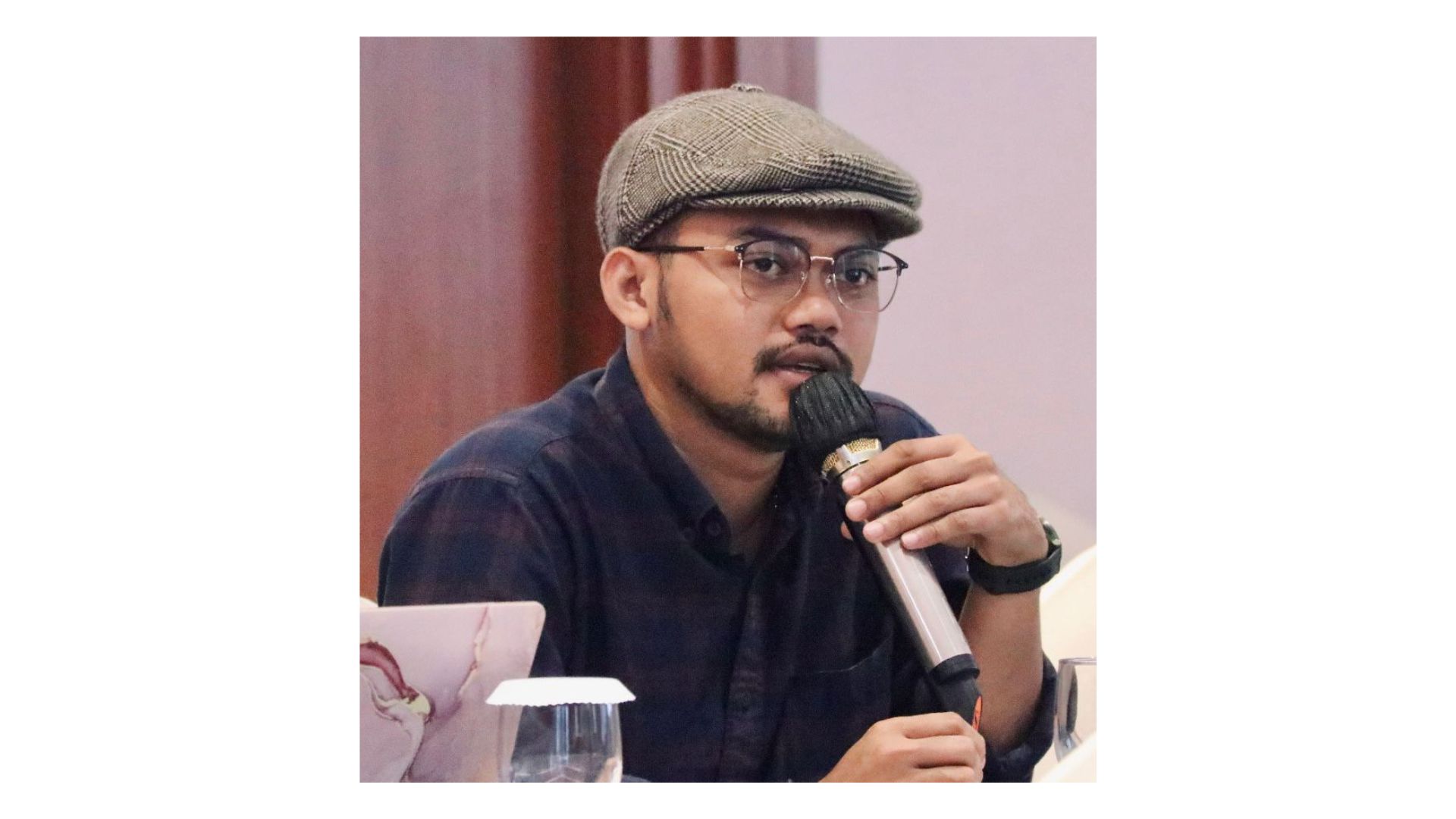Catholic Youth and the New Era of Pope Leo XIV: A Student Reflection on Faith and the Future


Pope Leo XIV and the Hopes of Young People
Disclaimer: “This writing is solely a personal reflection by the author as a Catholic activist from Indonesia. Rooted in faith and hope, may the relationship between the Church and young people continue to be nurtured.”
The excitement surrounding the white smoke and all the ceremonial aspects of the installation of Pope Leo XIV at the Vatican is a response to the prayers of Catholics around the world. Joy, delight, and emotional tears filled the hearts of those who truly believe in the work of the Holy Spirit. Once the Fisherman’s Ring was bestowed, along with the Pallium—a white woolen cloth symbolizing pastoral care—Pope Leo XIV officially became the successor to Saint Peter.
His homily was rich with reflective messages. Pope Leo XIV called for love and unity, criticized exploitative economic systems, firmly rejected religious propaganda, and showed compassion toward conflicts in Gaza, Myanmar, and Ukraine. As Shepherd of all his flock, Fisher of all families, and Captain of the ship, the Pope bears the faith-based responsibility of the Bishop of Rome—the leader of the Catholic Church and the representative of God proclaiming God’s love throughout the world.
Pope Francis has left a legacy of faith and example. His inclusive leadership touched every heartbeat of believers across continents. Children, youth, the elderly, and persons with disabilities are integral parts of the Church’s body. In this context, the writer focuses on the relationship between the Church—through Pope Leo XIV—and young people.
The 2023 World Youth Day (WYD) in Lisbon, Portugal, was a portrait of the Church’s relationship with youth. Pope Francis emphasized that “young people must be accompanied,” underscoring the importance of nurturing their faith amid the chaos of life and globalization. The industrial revolution, technological disruption, and artificial intelligence (AI) have significantly shifted values and social structures, often degrading the lives of young people.
Spirituality and the Industrial Revolution
Pope Leo XIV stressed in his speech that AI will be a major focus of the Church during his pontificate. AI presents new challenges to human dignity, justice, and labor. This is a novel issue in the era of the Fourth Industrial Revolution, which emphasizes automation and digitalization, transitioning into Society 5.0—a society promoting collaboration between humans and technology. Fittingly, Pope Leo XIV’s name echoes Pope Leo XIII, who led the Church during the early industrial revolution and addressed social issues of that era.
Today’s industrial revolution has significantly impacted global structures. While it can be a force for good, it must be oriented toward humanity. Consider the faith journey of Carlo Acutis, the Italian teenager beatified for being the first Millennial Saint, using technology to evangelize and perform good works. Through this, he was believed to have performed a miracle—saving a Brazilian boy suffering from a rare pancreatic illness. Carlo Acutis has been a “mediator” since 2013, showing that technological disruption can serve faith and humanity. (His canonization is planned for April 27, 2025.)
The industrial revolution has created many global platforms and networks. Spiritual and humanitarian missions can now be carried out more effectively using technology. As globalization manifests, young people continue to grow within global dynamics and technological disruptions, ensuring they are not left behind.
Sending Forth the Youth
Young people are called to realize justice and truth through missionary duties, following the example of Jesus himself. They are not merely called to sit in pews or commune with Jesus sacramentally (through the Eucharist) but to see the Church as home and the world as a field of service—to live out God’s love for justice and truth. As John 20:21 says: “As the Father has sent me, I am sending you.” This verse emphasizes that the disciples must continue Jesus’ salvific mission.
Today’s world is plagued with complex issues—terrorism, ecological crises, war, corruption, human rights violations, economic inequality, and the adverse effects of AI. The Church, guided by the principle of bonum commune (common good), rightly sends young people on missions aligned with the papacy. This service is a concrete form of faith in action as stated in Jeremiah 29:7: “Seek the peace and prosperity of the city to which I have carried you into exile. Pray to the Lord for it, because if it prospers, you too will prosper.”
Optimism in facing today’s global climate and its dehumanizing effects must stem from faith. The Church must become more cooperative, opening its heart and mind to young people. It must develop a sense of urgency concerning social problems. As stated in Vatican II’s Gaudium et Spes: “The joys and hopes, the griefs and anxieties of the people of this age, especially those who are poor or in any way afflicted, are the joys and hopes, the griefs and anxieties of the followers of Christ.”
WYD Seoul and Asia’s Blesseds
Initiated by Pope John Paul II in 1984 in Rome, World Youth Day (WYD) is a global Catholic youth event. In 2027, it will be held in Seoul, South Korea—becoming a festival for young people from around the world. It will feature prayers, cultural parades, and international exchanges. The event promotes unity between East and West, North and South, and across races. This strongly aligns with Pope Leo XIV’s motto: In illo Uno unum (“In the One, we are one”).
Asia is a complex continent, rich in ancient religions and cultures. Though predominantly non-Christian, Asia is abundant in humanity. Religions and cultures coexist and mix through inculturation. Young Catholics live alongside Buddhists and Muslims. Buddhism dominates countries like Sri Lanka, Myanmar, Thailand, Laos, Cambodia, Vietnam, China, Korea, and Japan. Islam spreads from Western Asia through Pakistan, Bangladesh, Malaysia, and Indonesia. Christians are minorities in several countries, while Hinduism is present in India and Indian diasporas. Confucianism, Taoism, and Shintoism are found among the Chinese, Japanese, and Koreans.
Asian nations have diverse systems—liberalism, militarism, socialism, communism, and Confucianism—all shaping their civilizations. In terms of faith, Asia once witnessed the martyrdom of Andrew Kim Taegon, a priest canonized at age 25 along with 102 Korean martyrs, including Paul Chong Hasang, on May 6, 1984.
In the Philippines, Saint Pedro Calungsod, patron of families, youth, and the poor, died as a martyr at age 17 on April 2, 1672. There is also Santo Niño de Cebú, a title for the Child Jesus since the 16th century. These blesseds represent young Asians in the global mission of the Church. WYD is expected to serve as a space to continue this mission—empowering youth, preserving spirituality, and growing the Church in Asia.
A Glimpse of Hope
Young people are the Church’s future. The Church must accompany them, shape their mindset, engage with their ideas, and be open to critiquing global phenomena that conflict with Catholic spirituality and values. The relationship between Pope Leo XIV and young people must be nurtured to grow and serve the world—just as previous Popes have done.
Pope Leo XIV is expected to remain present, offering generous space for youth to help restore civilization through a Catholic spirit. Thus, youth will not only achieve intellectual accomplishments but develop social sensitivity in response to global challenges for the glory of God. This follows the missionary spirit of Pedro Calungsod, Niño de Cebú, Andrew Kim Taegon, and Carlo Acutis. As Jesus commands in Romans 12:2: “Do not conform to the pattern of this world but be transformed by the renewing of your mind. Then you will be able to test and approve what God’s will is—his good, pleasing, and perfect will.”
Share This:

IMCS Asia Pacific
The International Movement of Catholic Students (IMCS) Asia Pacific is a dynamic regional organization dedicated to empowering young Catholics to actively engage in social justice, human rights, and sustainable development. Through education, advocacy, and collaboration, IMCS aims to nurture leadership, build solidarity, and inspire students to be agents of change within their communities and beyond.
@2020 - IMCS AP - All Rights Reserved.

Leave a Reply